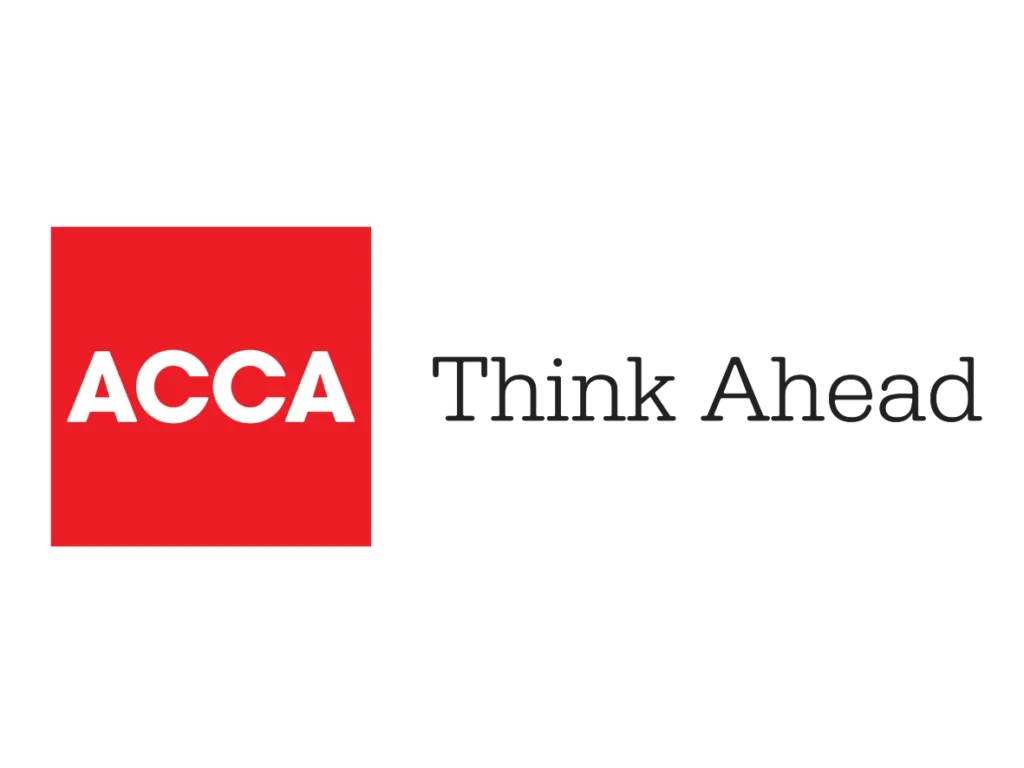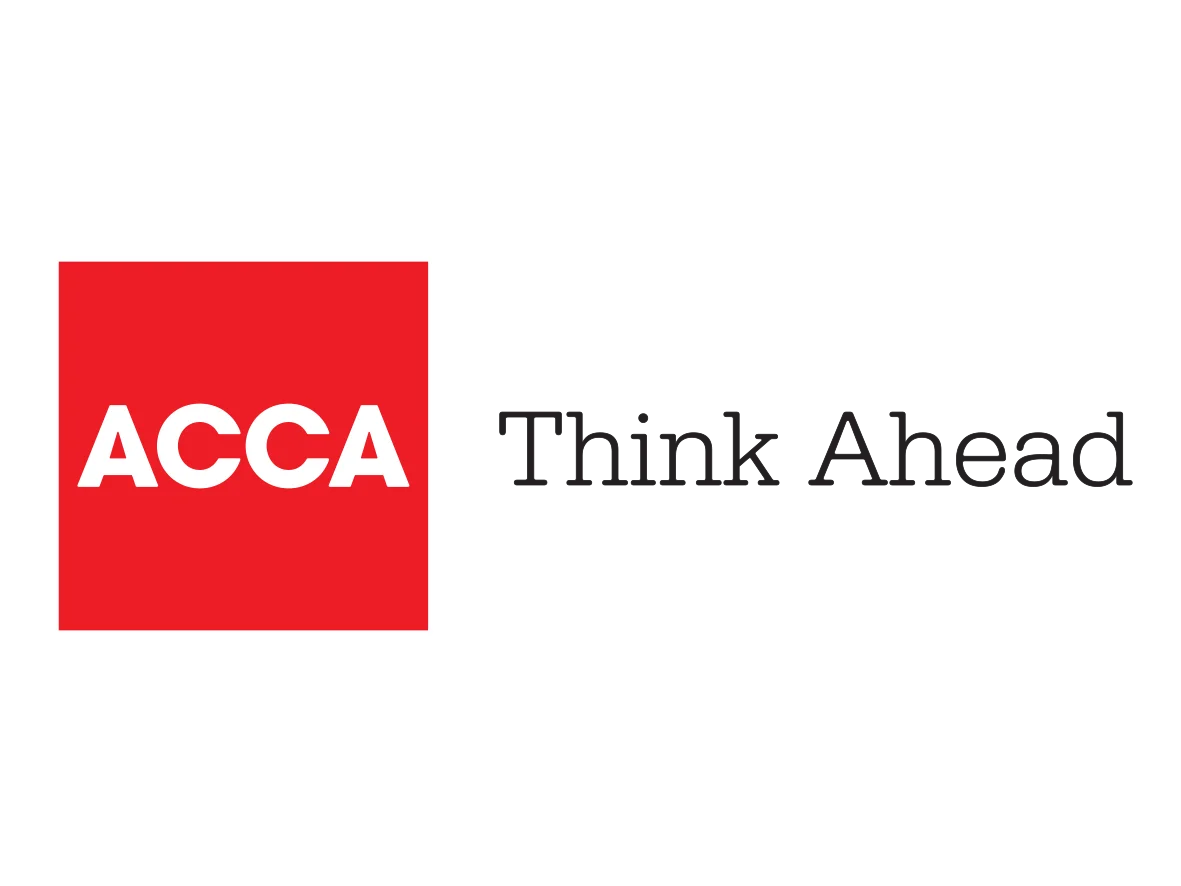Effective Tax Planning Strategies Portsmouth Businesses Must Adopt
Tax planning strategies in Portsmouth are essential for any business aiming to succeed and grow. Managing taxes efficiently can save money, reduce stress, and prevent legal issues, making it crucial for business owners in Portsmouth to understand and implement effective tax strategies. By planning ahead and being aware of the various tax obligations and opportunities, businesses can avoid unexpected tax bills and make the most of available tax reliefs.
Whether you’re a small start-up or an established company, having a clear taxation strategy is key to maintaining healthy finances. Effective tax planning allows you to take advantage of allowances, deductions, and credits that can significantly reduce your tax liability. For businesses in Portsmouth, where local economic factors and specific regulations may come into play, tailored tax planning is even more important.
Understanding these strategies will help you make informed decisions that not only keep you compliant with HMRC regulations but also boost your business’s profitability. In this guide, we’ll explore some of the most effective tax planning strategies Portsmouth businesses can adopt to optimise their financial performance and ensure long-term success.
Tax Planning Strategies Businesses In Portsmouth Should Know
Tax planning strategies in Portsmouth are essential for navigating the financial landscape and ensuring your business remains compliant with HMRC regulations while minimising tax liabilities. Understanding these strategies is the first step towards optimising your business’s financial health.
1. Deductions and Allowances: Deductions and allowances play a significant role in reducing your tax liability. Common allowances include the Annual Investment Allowance (AIA), which allows businesses to deduct the full value of qualifying items like equipment from their profits before taxation. Knowing which deductions apply to your business can lead to substantial savings.
2. Year-End Planning: Year-end tax planning involves taking strategic actions before the end of the financial year to maximise tax reliefs and deductions. For instance, accelerating expenses or delaying income can reduce your taxation burden. It’s also a good time to review your business’s performance and make adjustments to improve tax efficiency.
3. Capital Allowances: Capital allowances provide tax relief on certain capital expenditures. This includes costs related to purchasing assets like machinery, vehicles, or property improvements. Understanding how to apply capital allowances can help Portsmouth businesses lower their taxable profits and retain more earnings.
4. Pension Contributions: Contributing to pension schemes not only secures your future but also offers tax advantages. Employer contributions to employee pensions are deductible expenses, which can reduce your business’s overall tax liability.
5. VAT Planning: Effective VAT planning ensures that your business remains compliant with VAT regulations while optimising cash flow. This includes understanding VAT registration thresholds, choosing the right VAT scheme, and accurately reclaiming VAT on eligible expenses.
By understanding these essential tax planning strategies in Portsmouth, businesses can take proactive steps to enhance their financial standing and ensure they’re making the most of available taxation reliefs.
Key Tax Planning Strategies Portsmouth Businesses Should Implement
Implementing effective taxation planning strategies is vital for Portsmouth businesses aiming to optimise their financial health. Here are some key strategies to consider:
1. Capital Allowances: Making the most of capital allowances is one of the simplest ways to reduce your taxable profits. Businesses can claim allowances on qualifying expenses such as machinery, equipment, and vehicles. This means you can deduct the cost of these items from your taxable income, reducing your overall tax bill.
2. Research and Development (R&D) Tax Credits: If your business invests in innovation, you may be eligible for R&D tax credits. These credits are designed to encourage companies to invest in research and development. By claiming R&D tax credits, your business can receive a cash payment or a reduction in your Corporation Tax. This strategy can be particularly beneficial for technology and manufacturing companies in Portsmouth.
3. Timing of Income and Expenditure: Strategically timing your income and expenditure can have a significant impact on your tax liability. For example, deferring income to the next tax year or bringing forward expenses to the current year can reduce your current tax bill. This approach requires careful planning and should be done with the guidance of a tax advisor to ensure compliance with HMRC regulations.
4. Utilising Tax-Efficient Investment Schemes: Investing in tax-efficient schemes such as the Enterprise Investment Scheme (EIS) or Seed Enterprise Investment Scheme (SEIS) can provide significant tax relief. These schemes are designed to encourage investment in small, high-risk companies by offering taxation incentives to investors. By participating in these schemes, businesses can attract investment while providing tax benefits to investors.
By implementing these key taxation planning strategies, Portsmouth businesses can significantly reduce their tax liabilities and improve their financial standing. Each strategy should be tailored to the specific needs and circumstances of the business, ensuring that the approach taken is both effective and compliant with UK tax laws.

How To Optimise Your Business Structure For Tax Efficiency
Choosing the right business structure is essential for optimising your tax position. The structure of your business—whether it’s a sole proprietorship, partnership, or limited company—can have a significant impact on how much tax you pay.
1. Sole Trader: Operating as a sole trader is the simplest structure, but it may not be the most tax-efficient. Sole traders are taxed on their profits as part of their personal income, which can lead to higher tax rates as profits increase. Additionally, sole traders are personally liable for all debts, which can pose a financial risk.
2. Partnership: A partnership is similar to a sole trader but involves two or more people sharing the profits and liabilities. Partnerships can be tax-efficient if profits are distributed among partners in a way that makes the most of individual tax allowances. However, like sole traders, partners are personally liable for the business’s debts.
3. Limited Company: Forming a limited company can offer significant tax advantages. Limited companies are subject to Corporation Tax on their profits, which is often lower than the higher rates of personal income tax. Additionally, business owners can pay themselves a combination of salary and dividends, which can be more tax-efficient. Limited companies also offer the benefit of limited liability, meaning personal assets are protected in the event of business debts.
4. Consider a Hybrid Approach: In some cases, a hybrid approach may be beneficial. For example, operating a business as a limited company while holding property or investments in a partnership or personal capacity can provide tax advantages. This approach requires careful planning and the advice of a tax professional.
By carefully selecting and potentially adjusting your business structure, you can optimise your tax efficiency while aligning with your long-term business goals. Each structure has its own advantages and drawbacks, so it’s important to choose the one that best fits your specific needs.
Planning for Tax Deadlines: Avoiding Last-Minute Rush
One of the key tax planning strategies Portsmouth businesses must adopt is effective planning for tax deadlines. Meeting these deadlines not only ensures compliance with HMRC regulations but also helps in avoiding penalties and interest charges that can arise from late submissions.
1. Understanding Key Tax Deadlines: Businesses in Portsmouth need to be aware of various tax deadlines throughout the year. These include Corporation Tax payments, VAT returns, PAYE submissions, and self-assessment deadlines for business owners. Missing these deadlines can lead to unnecessary financial stress and fines.
2. Preparing in Advance: Advance preparation is crucial for meeting tax deadlines. This involves keeping financial records up to date, ensuring all necessary documents are readily available, and working closely with your accountant to prepare accurate returns. By preparing early, you reduce the risk of errors and avoid the last-minute rush that can lead to costly mistakes.
3. Using Technology to Stay Organised: Utilising accounting software can help Portsmouth businesses stay on top of their tax obligations. These tools can automate reminders for upcoming deadlines, track expenses in real-time, and generate reports that are essential for accurate tax filing. This not only saves time but also ensures that all financial information is organised and accessible.
4. Working with a Tax Advisor: Partnering with a tax advisor can greatly assist in planning for tax deadlines. Advisors can provide expert guidance on the specific deadlines relevant to your business, help you optimise your tax payments, and ensure that all filings are accurate and timely. This professional support can be invaluable, especially for complex tax situations.
5. Benefits of Meeting Tax Deadlines: Meeting tax deadlines offers several benefits beyond just avoiding penalties. It provides peace of mind, improves cash flow management, and enhances the overall financial health of your business. By staying on top of deadlines, Portsmouth businesses can focus more on growth and less on dealing with the consequences of late submissions.
Effective planning for tax deadlines is an important strategy for businesses in Portsmouth. By staying organised and proactive, you can avoid the stress and financial burden of last-minute tax filing, ensuring your business remains compliant and financially stable.

Partner With HT Advisory For Tax Planning Strategies Portsmouth Businesses Can Trust
Effective tax planning strategies in Portsmouth are essential for businesses aiming to optimise their financial health and ensure long-term success. By implementing key strategies like capital allowances, R&D tax credits, and choosing the right business structure, your business can significantly reduce tax liabilities and improve overall financial efficiency. Additionally, staying organised, preparing for tax deadlines, and seeking professional advice are crucial steps in maintaining compliance and avoiding unnecessary penalties.
At HT Advisory, we understand the unique challenges Portsmouth businesses face when it comes to tax planning. Our team of experts is dedicated to providing personalised, effective strategies tailored to your specific needs. Whether you’re a small start-up or an established company, we’re here to help you make informed decisions that will benefit your business now and in the future.
Don’t wait until the last minute—ensure your business is prepared with the right tax strategies. Contact HT Advisory today to schedule a consultation and discover how we can help you master your tax planning and secure a prosperous future for your business.



